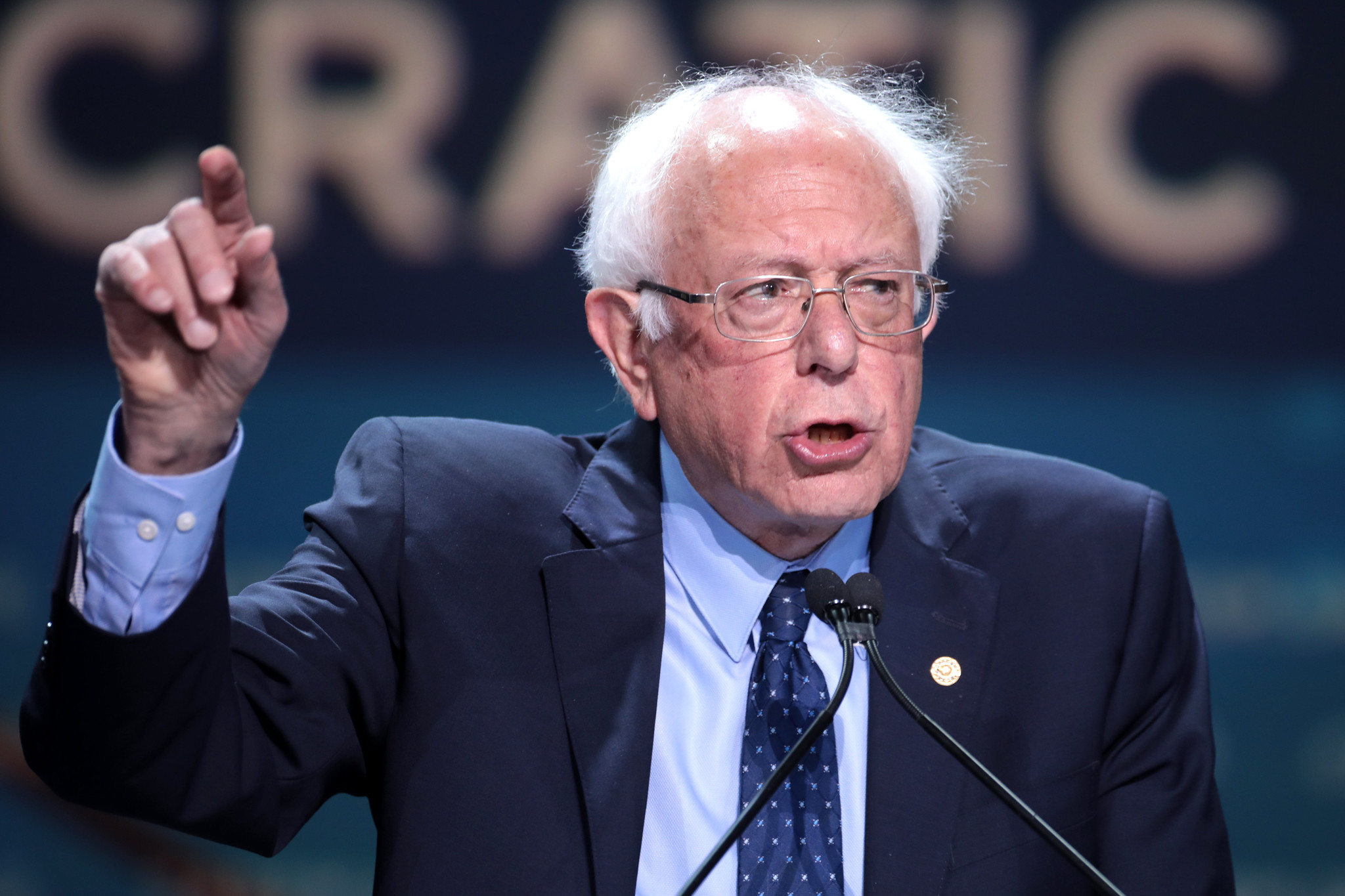
It took only three days for the dynamic of the Democratic presidential race to fundamentally change course. Nearly 40 percent of votes have been casted nationwide, four contenders have dropped out and a two-way race has emerged. Up until the South Carolina primary on Feb. 29, the path for securing the Democratic nomination seemed within arms length for front runner Bernie Sanders as he claimed victory in the first three states that voted: Iowa, New Hampshire and Nevada.
However, a decisive South Carolina win, the consolidation of the moderate candidates and a slew of mainstream media praise came together to create the perfect storm for Joe Biden.
In the first couple of states, Biden severely underperformed predicted polling. As a result, Biden stood in the sidelines for many of the past Democratic debates, remaining unscathed from criticism from progressives and moderates alike. However, Biden had his eyes set on South Carolina, his presumed firewall. South Carolina’s main voting demographic consists of older, African-American voters, one of the voting blocs that Biden carried over from Obama’s presidency.
In the days leading up to the South Carolina primary, Biden was also able to secure the endorsement of Representative James E. Clyburn, Congress’s highest-ranking African-American member and the state’s most influential Democrat. On Saturday’s exit polls, around 50 percent of South Carolina voters said Clyburn’s endorsement played a significant role in their decision.
As the results came in Saturday, Biden won South Carolina with 48.7 percent of the vote. Billionaire Tom Steyer, who spent over $253 million this campaign cycle and especially banked on a South Carolina victory, immediately dropped out that night after Biden’s win.
In classic mainstream media fashion, political pundits raved about Biden’s win and his comeback into the presidential primaries. The 72 hours following Biden’s victory in South Carolina essentially served as free advertisement for his campaign.
Two days before the coveted Super Tuesday elections, Pete Buttigieg dropped out of the presidential race, endorsing Joe Biden. As the race progressed onwards to states with larger populations of people of color, Buttigieg’s support faltered once Sanders consolidated the Latino vote and Biden the African-American vote. According to the New York Times, Buttigieg reportedly talked to Obama and Biden Sunday night before making his official endorsement the following day.
Similarly, Sen. Amy Klobuchar dropped out of the race Monday night, joining forces with the former vice president. Both Klobuchar and Buttigieg joined Biden at separate rallies, urging their supporters to vote for him. Meanwhile, Sen. Elizabeth Warren remained in the race for Super Tuesday, presumably splitting the progressive vote between herself and Sanders.
All of these factors combined to create the momentum Biden needed to revitalize and relaunch his campaign going into Super Tuesday. As the results rolled into major news networks on Tuesday night, it became clear that the Democratic establishment’s scrambled efforts to defeat Sanders was working. Biden ended the night winning 10 out of the 14 Super Tuesday states, a result that polls had not predicted. Most of these states were ones that Biden was already in favor of winning, except for Texas, which was expecting a Sanders upset win.
Warren winning third place in her home state of Massachusetts represents the downward spiral of her campaign in previous months. However, Warren held a chunk of the voting bloc that would have benefitted Sanders had she dropped out and endorsed him at the same time that the moderates had. Instead, Biden had just enough to put himself over the top in states that should have been Sanders wins.
On the other hand, Sen. Sanders was able to win Vermont, Utah, Colorado and, the biggest prize of Super Tuesday, the coveted state of California. California has the most delegates out of every other state — exactly 494, serving as a key state for candidates to rack up on votes. Sanders owes much of his victory in California to the groundwork created by volunteers who reached out to Latinos, the state’s largest minority group.
Despite not sweeping through Super Tuesday like Sanders’ campaign expected, exit polling released by CNN reveals how American voters are becoming increasingly more comfortable with his leftist policies, a good sign for the road ahead against Biden.
Since Super Tuesday, billionaire Michael Bloomberg has officially dropped out of the Democratic race and endorsed Biden, further narrowing the field of candidates. Over the past couple of months, Bloomberg shed $500 million worth of his money for his campaign. Despite dominating the airwaves through ads, the billionaire was only able to claim one win during Super Tuesday: American Samoa.
“This really is the best, most creative, most hardworking campaign team ever assembled,” Bloomberg said in his farewell speech. “And I have to say, there is no doubt in my mind we would’ve beaten Donald Trump in November.”
March 10 marks the next round of voting, and the next Democratic debate is set for March 15 in Phoenix, Arizona, only two days before another set of states have their turn to vote. By the time of the next debate, 50 percent of the nation will have voted.
As the dust is settling, the standoff between former Vice President Joe Biden and Senator Bernie Sanders represents the ideological division of the Democratic Party — the former fully embracing a pre-Trump era, while the latter advocates for a Democratic party that pays homage to FDR New Deal style politics. These next couple of weeks will determine what direction the Democrats are headed in.


